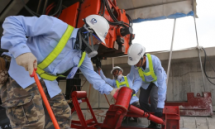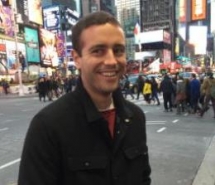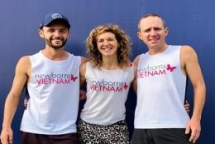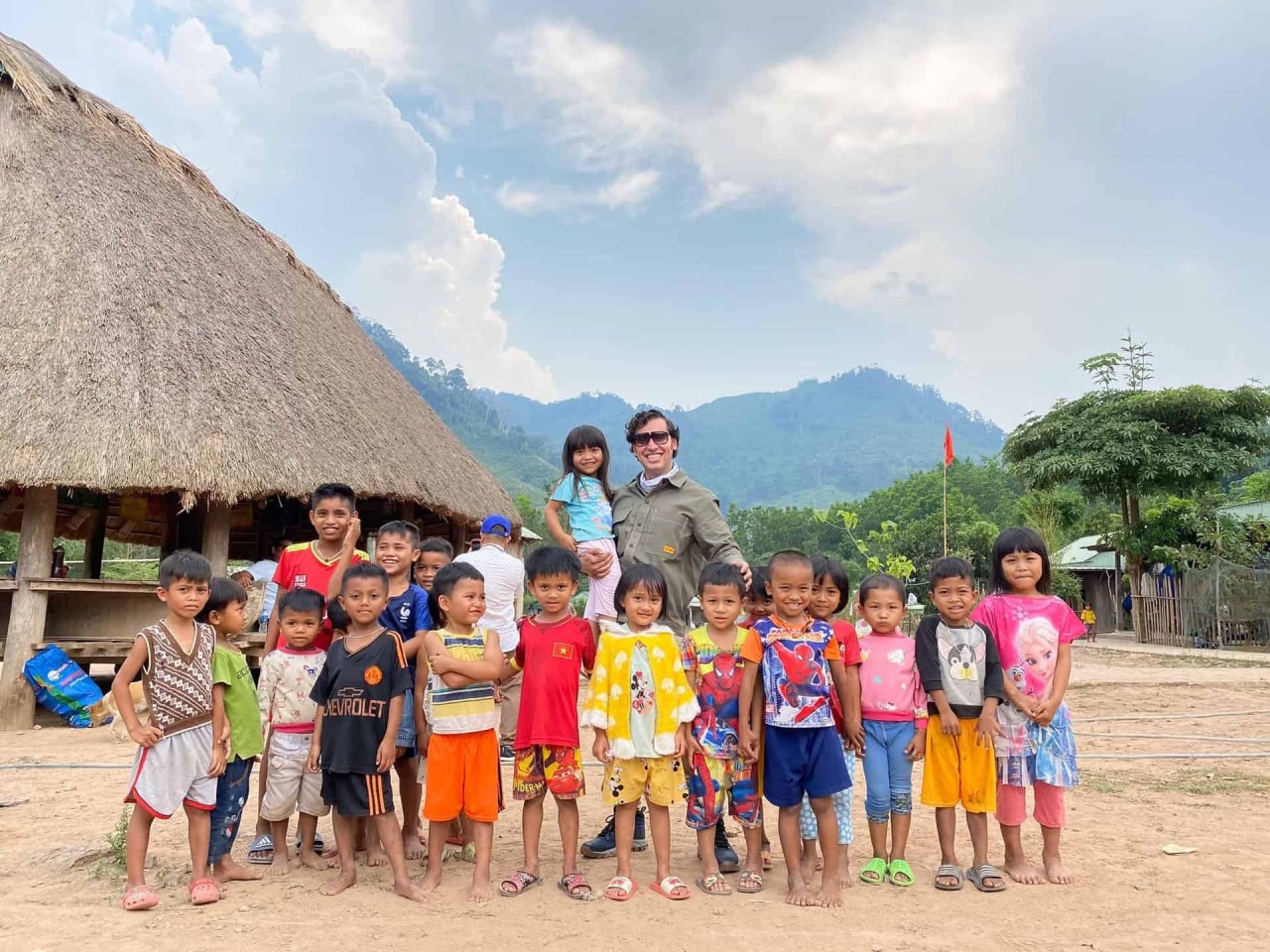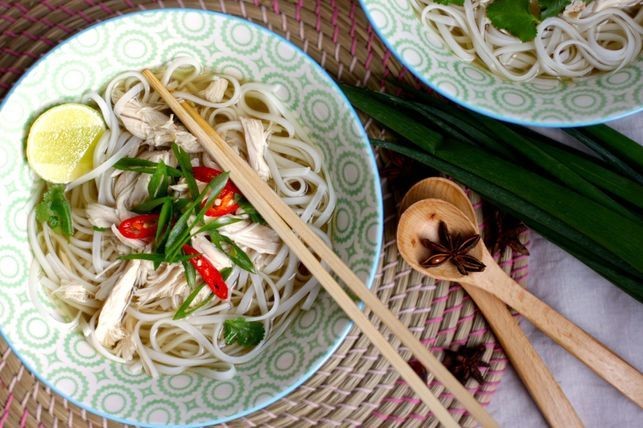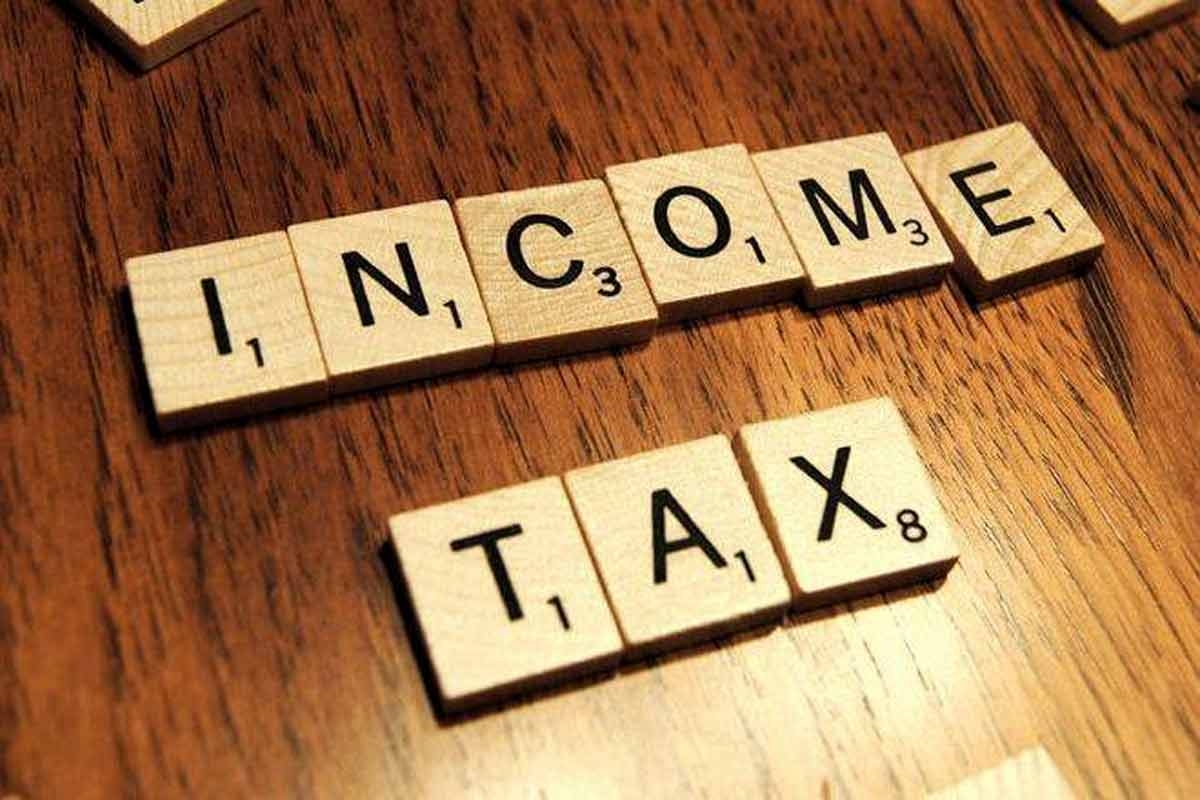COVID-19: ‘It’s less anxious in Vietnam than Europe or the US’, an expat shared
26-year-old Sarah Clayton-Lea is the co-founder and global head content of Big 7 Travel. Recently, she has shared her personal experiencing living in Ho Chi Minh city throughout the entire COVID-19 outbreak.
Vietnamtimes would like to reupload the post which was first published on Big 7 Travel.
Coronavirus in Vietnam: what it’s like to live in Ho Chi Minh as an expat
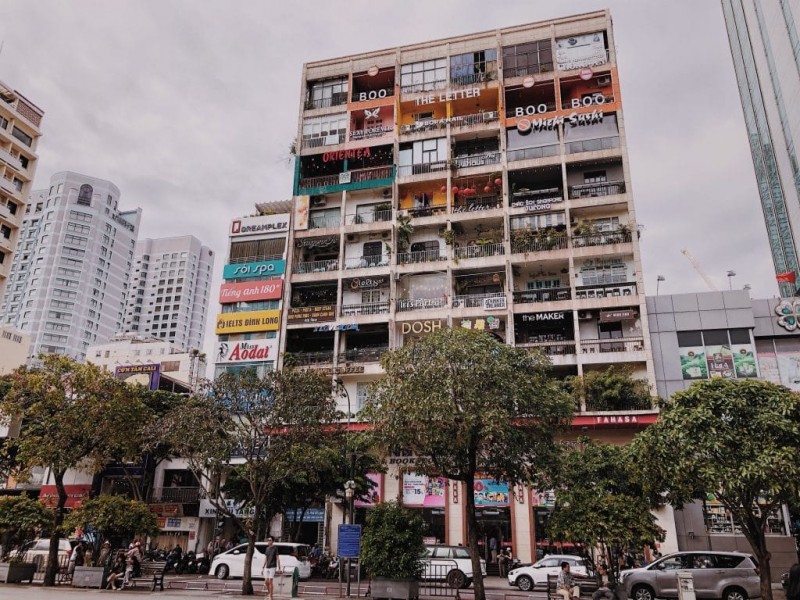 |
First things first, as an expat, it’s important to note that my experience here is vastly different than the average Vietnamese person living here. I’m lucky enough to earn enough for a high standard of living here and enjoy Western comforts as and when I feel like it.
How is that relevant for the coronavirus outbreak here? While the Vietnamese state is doing an impressive job in providing health and food support for anyone who needs it, I can reassure myself with the knowledge that I can upgrade to private healthcare if needed, or order food and groceries to my door.
With 44 current confirmed cases (as of 13th March) of Covid-19, here’s how life has changed in Ho Chi Minh…
Visas for expats are up in the air
The majority of expats in Vietnam are on three-month tourism visas (some have permanent residency cards or business visas), which involve a ‘border run’ every 90 days. Since the coronavirus however, the Vietnamese government has drastically changed immigration rules for several nations.
As well as bans on travellers from mainland China, South Korea, Japan, Iran and Italy, there are additional restrictions when it comes to visas for certain citizens. Vietnam suspended the visa waiver program for eight European countries: Denmark, Norway, Finland, Sweden, the UK, Germany, France, and Spain amid growing concerns of the COVID-19 outbreak.
Now, all travellers from Cambodia will also have to fill out health declaration forms, making the once-easy border run destination slightly more of a stress.
I’m a member of several expat groups on Facebook, and the feeds are chockablock with questions about visa extensions and renewals. If we leave the country to apply for a new visa, will we get back in? Are land borders still open? It’s all a bit uncertain for now, with conflicting advice.
A seemingly minor stress when compared to those who are suffering from the coronavirus itself, sure. But not knowing if you have a base to return to or make future plans is unsettling.
Literally everyone is wearing a mask
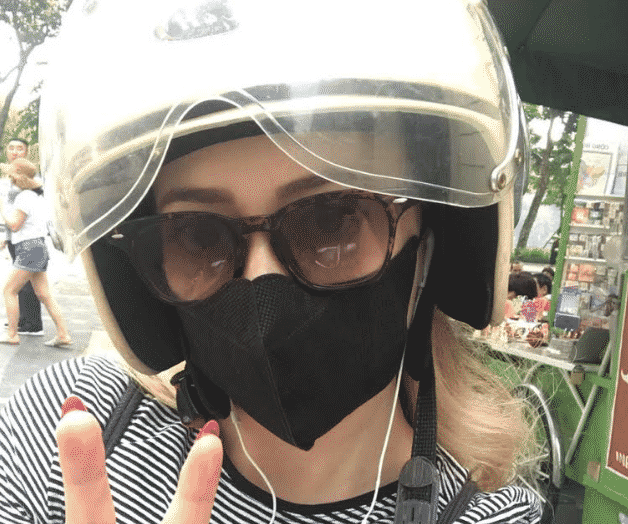 |
Pretty much everyone usually wears a mask anyway whilst driving here. With the hectic moped traffic, smog and fumes, you’d be crazy not to. (I ashamedly admit that more often than not, I am crazy enough not to.) Now though, you’ll spot everyone wearing masks at all times. In the supermarket, at the coffee shop, in McDonalds. Yes, I sneak the odd McDonalds here. It’s a traditional local delicacy.
While hand sanitiser is readily available in pharmacies and stores, masks are a little trickier to find. My local store is usually out of them, and when they have had them in stock this past week, there’s a limit of one pack per customer.
Your phone is hopping with government texts
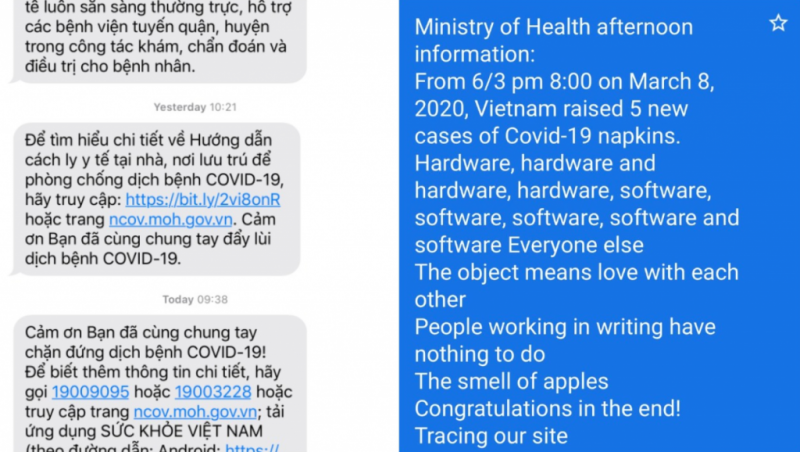 |
The Vietnamese government is sending health advice and coronavirus updates to every person who holds a Vietnamese sim card. Daily. From what Google Translate tells me, these are messages of common symptoms and how to contact local health services and promote good hygiene.
Sometimes though, I think Google Translate gets it a little wrong.
Does the Vietnamese government really want me to love the smell of apples? Maybe they do.
There’s not much panic buying happening here
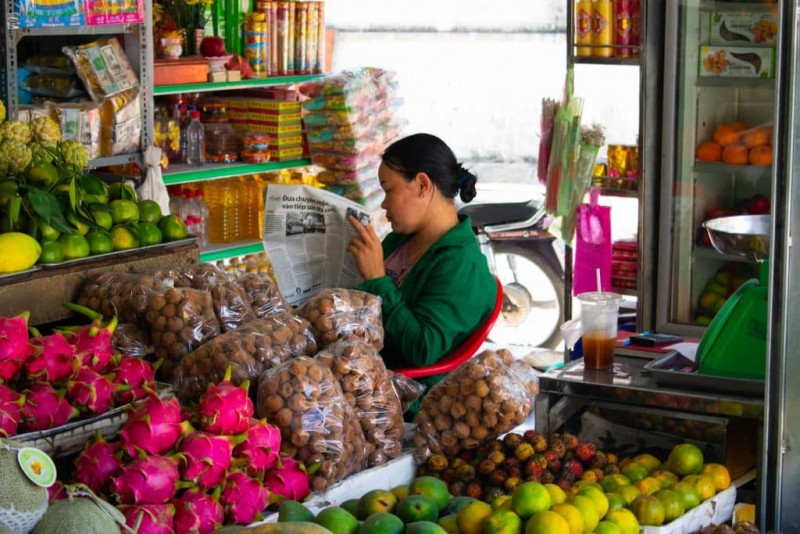 |
While there was reports of mass-buying and crowds at supermarkets when a cluster of coronavirus cases was reported in Hanoi, it’s all been quite normal in Ho Chi Minh. I went to my local co-op this morning to stock up on the essentials (noodles, tinned tuna, Coco Pops and walnut yoghurt, FYI) and the shelves were full. Instant noodle demand has reportedly surged by 67% due to the COVID-19 epidemic, but you wouldn’t notice any empty spaces where the beloved noodles had once been.
Unlike Australia, the US or Europe, there’s no fights over the last roll of toilet paper here. Maybe it’s that infamous Asian bum gun, or maybe over here they just know that you can rely on the supply chain.
Social activities have been put on hold
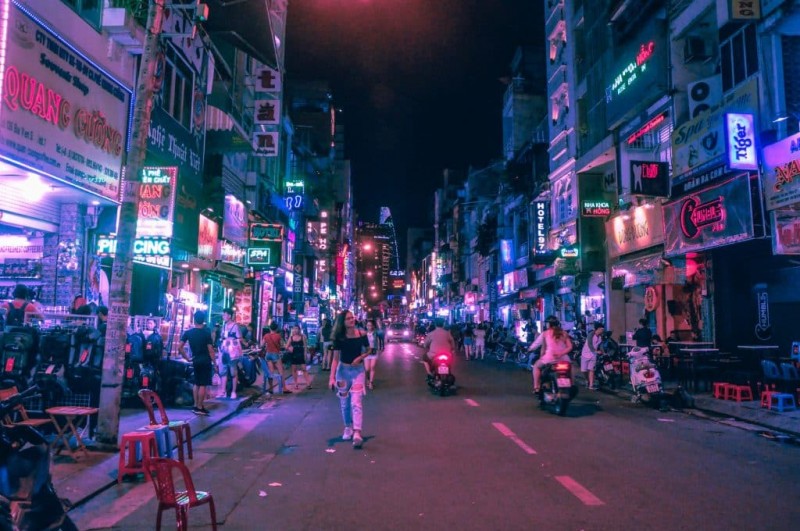 |
Ho Chi Minh city officials have banned all public gatherings of over 1,000 people, so certain events have been cancelled. Restaurants feel a little quieter, and today there’s rumours that the city is considering closing down all bars and nightclubs to try prevent an epidemic.
Several coffee shops and restaurants have also shut down on Phan Xich Long Street in Phu Nhuan District (one of the busiest). People seem to be ordering food online in favour of venturing out.
A number of expats are now self-quarantining
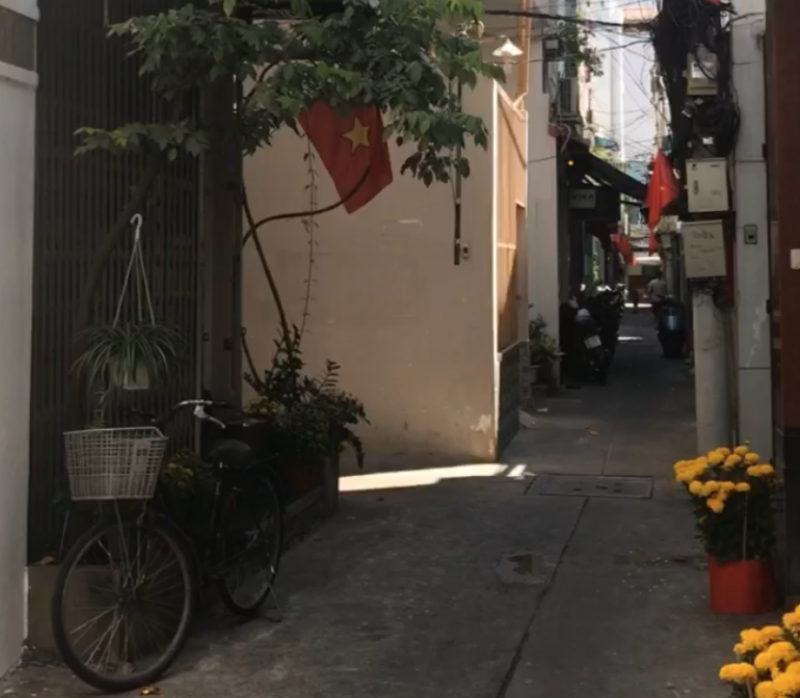 |
While Vietnam is only advising any travellers who have been to an affected country or come into contact with a known coronavirus case to self-isolate, quite a few expats are doing it anyway. With schools closed, some ESL (English as a second language) teachers are working online from home.
I usually spend my days in a co-working space in Thao Dien, but all this week I’ve turned the downstairs sofa in my house into my new hotdesk. Other expats I’ve talked to are doing the same – a general vibe of ‘better safe than sorry’.
Instead of talking to fellow expats during the day, I’m waving hi to little girls cycling past on bright pink tricycles and seeing my elderly neighbour sit in the doorstep, watching the world go by. It feels less like self-isolation and more like community integration. Saying that, I’m only on day three, so let’s see how fed up I am by day 13.
It’s less anxious in Vietnam than Europe or the US
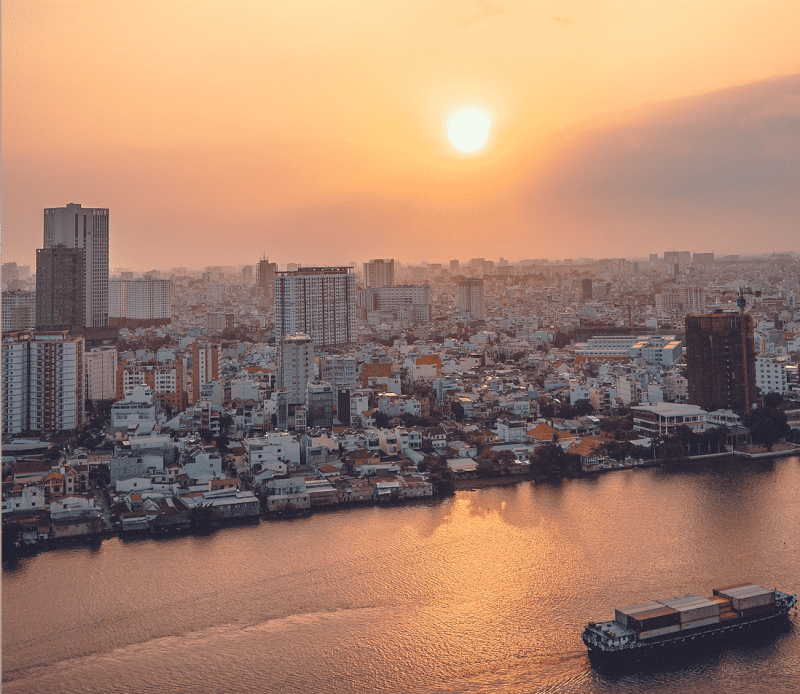 |
Overall, I feel pretty safe with regards to the coronavirus in Vietnam. Did you know that US Centers for Disease Control and Prevention (CDC) has praised Vietnam for their comprehensive reaction to the outbreak? In fact, Vietnam is producing 10,000 COVID-19 test kits daily after a successful pilotand approval from the World Health Organization (WHO).
While I might not get to leave the country for a while thanks to visa restrictions, I don’t mind so much. Getting ill in a country with such an efficient social care system and sense of community is not so bad. I hope I’ll avoid getting the coronavirus, but in the meantime, I’ll be over-ordering Korean fried chicken on Grab and practising social distancing. The city will still be there when this is all over – if there’s one thing Vietnam does, it’s bounce back like a champ.
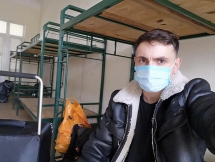 | 'UK has a lot to learn', claims British man quarantined in Việt Nam Gavin Wheeldon, a British expat quarantined on the outskirts of Hà Nội, has nothing but good things to say about medical staff and volunteers who are ... |
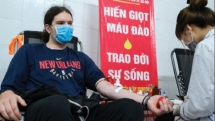 | Expats in Hanoi donate blood amid COVID-19: 'Vietnam needs you now' Responding to the call of Mr. Wayne Worrel (an Englishman who has lived in Vietnam for a long time) that ‘Vietnam needs you now’, a ... |
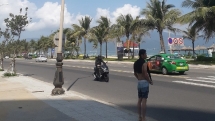 | ‘I’ve been incredibly surprised at the response to contain this deadly disease’, American man living in Da Nang amid COVID-19 Bryan William Myers is a freelance copy editor, writer who is living in Da Nang, Vietnam. Here he tells us how life of an expat ... |
Recommended
 Handbook
Handbook
Vietnam Moves Up 8 Places In World Happiness Index
 Handbook
Handbook
Travelling Vietnam Through French Artist's Children Book
 Multimedia
Multimedia
Vietnamese Turmeric Fish among Best Asian Dishes: TasteAtlas
 Handbook
Handbook
From Lost to Found: German Tourist Thanks Vietnamese Police for Returning His Bag
 Handbook
Handbook
Prediction and Resolution for the Disasters of Humanity
 Handbook
Handbook
16 French Films To Be Shown For Free During Tet Holiday In Vietnam
 Handbook
Handbook
Unique Cultural and Religious Activities to Welcome Year of the Snake
 Handbook
Handbook

